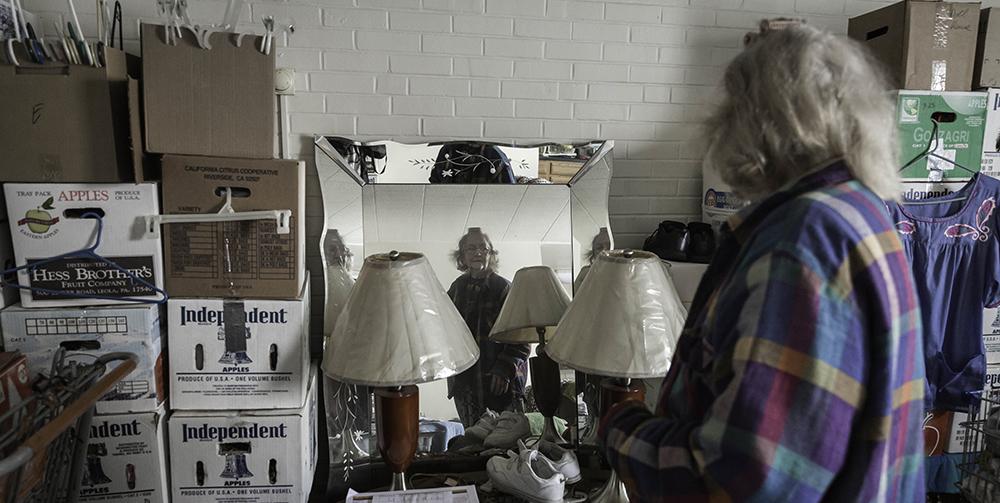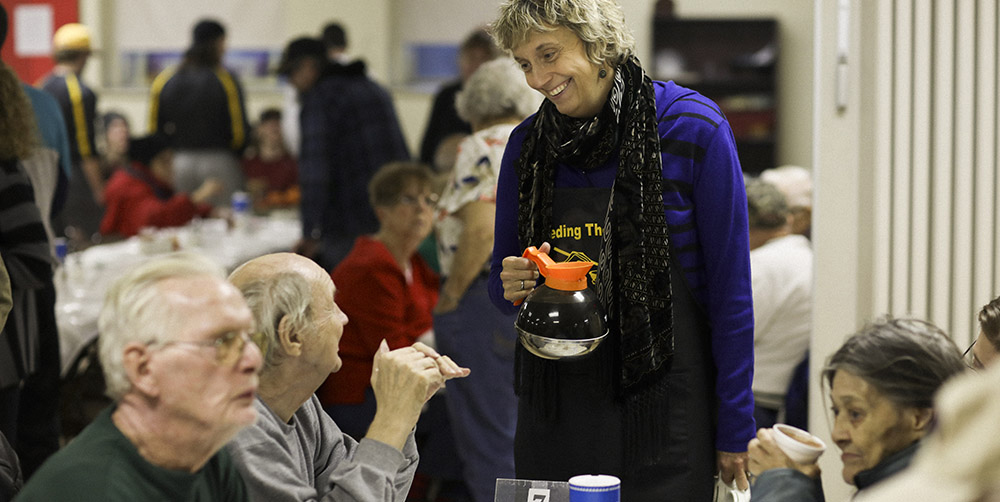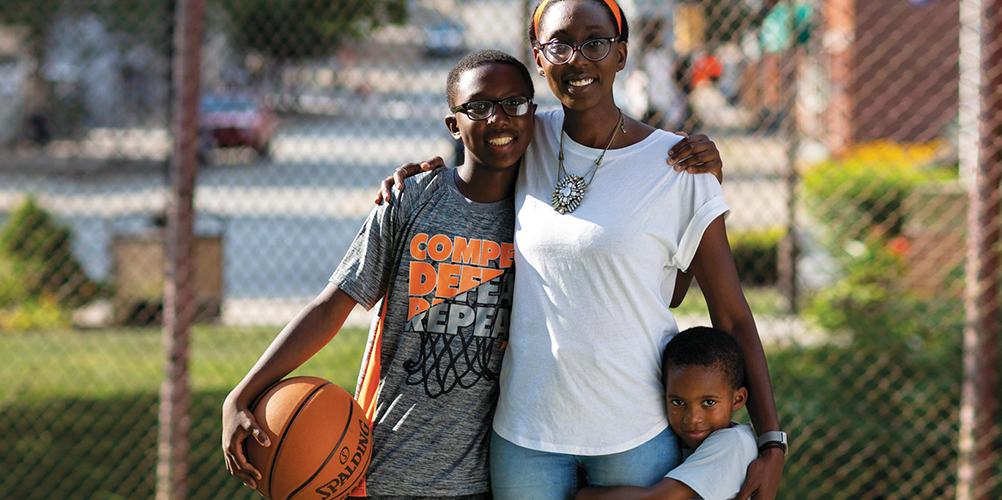Main navigation
Evictions and Affordable Housing

Housing insecurity and homelessness are both causes and effects of poverty. As we wrote in our 2016-2017 annual report, Pittsburgh’s recent surge in economic activity has not benefited all of the region’s populations. Thirty percent of Pittsburgh’s residents are subsisting at 200% of the poverty level or less, and these are the populations likely to be left behind or even harmed by recent growth. Or they may simply struggle to stay afloat in stable housing markets. This convergence of factors makes the Foundation’s focus on housing insecurity more relevant than ever.
For more than 30 years, The Pittsburgh Foundation has worked to eliminate homelessness and housing insecurity. More recently, the focus has shifted from the chronically homeless to helping people, particularly families with children, who are facing housing insecurity to avoid shelters and move directly to more stable and permanent housing. In 2016, the Foundation began convening a series of working group meetings to bring homelessness advocates, government officials, funders and people affected by housing insecurity together to address the issue of evictions of low-income people from private and public housing. This working group is leveraging growing awareness that poverty, gentrification, eviction and homelessness are interconnected issues that demand integrated and long-term solutions.
In 2017, the Foundation began a research project-based on the frameworks defined by Harvard sociology profession Matthew Desmond in his book Evicted: Poverty and Profit in the American City (2016). The Foundation’s was conducted in collaboration with the Allegheny County Department of Human Services, and explores magisterial court documents and other administrative records to understand and document the prevalence of eviction using information on about 14,000 filings for eviction in 2016 in Allegheny County. The Research Report: Eviction in Allegheny County, published in 2021, is the result. The Foundation’s goal is to recommend policy changes to help break cycles of homelessness and intergenerational poverty.



